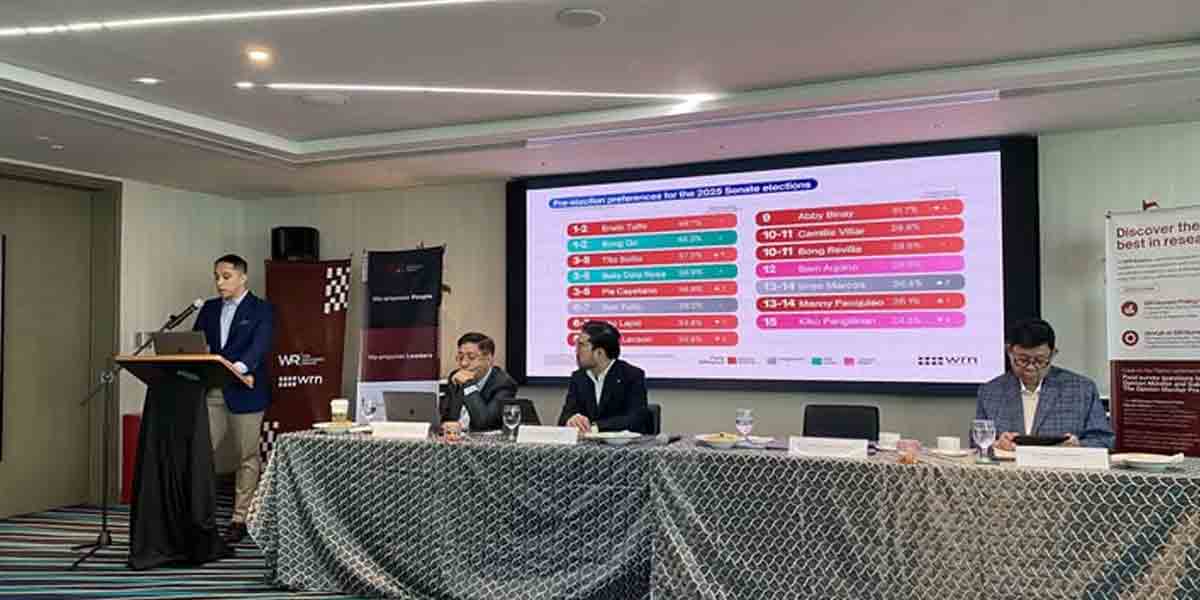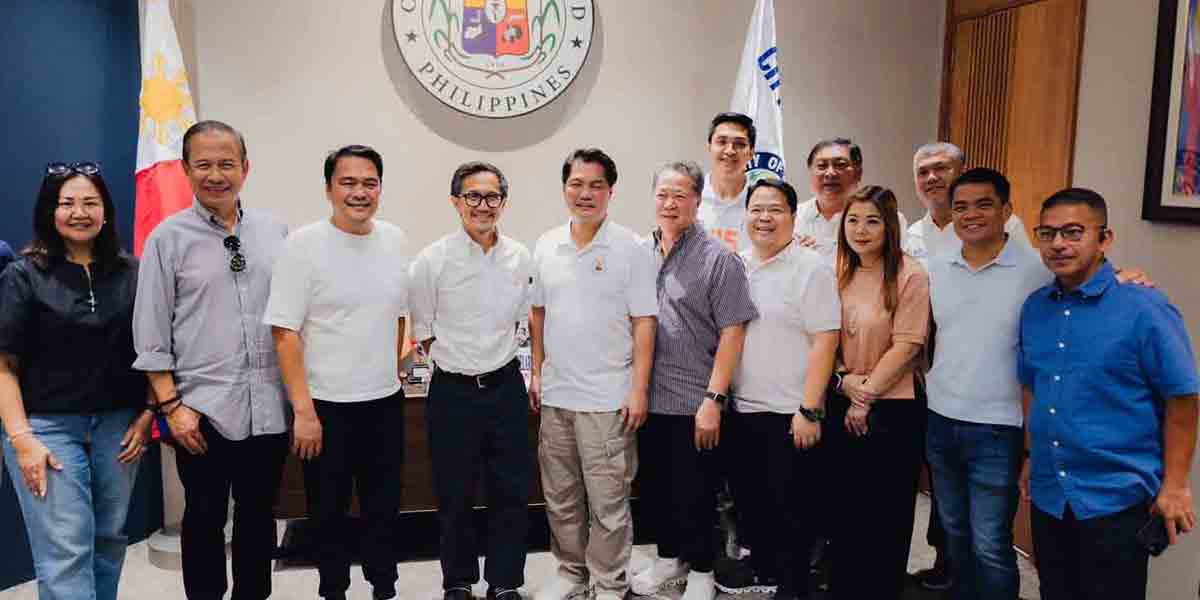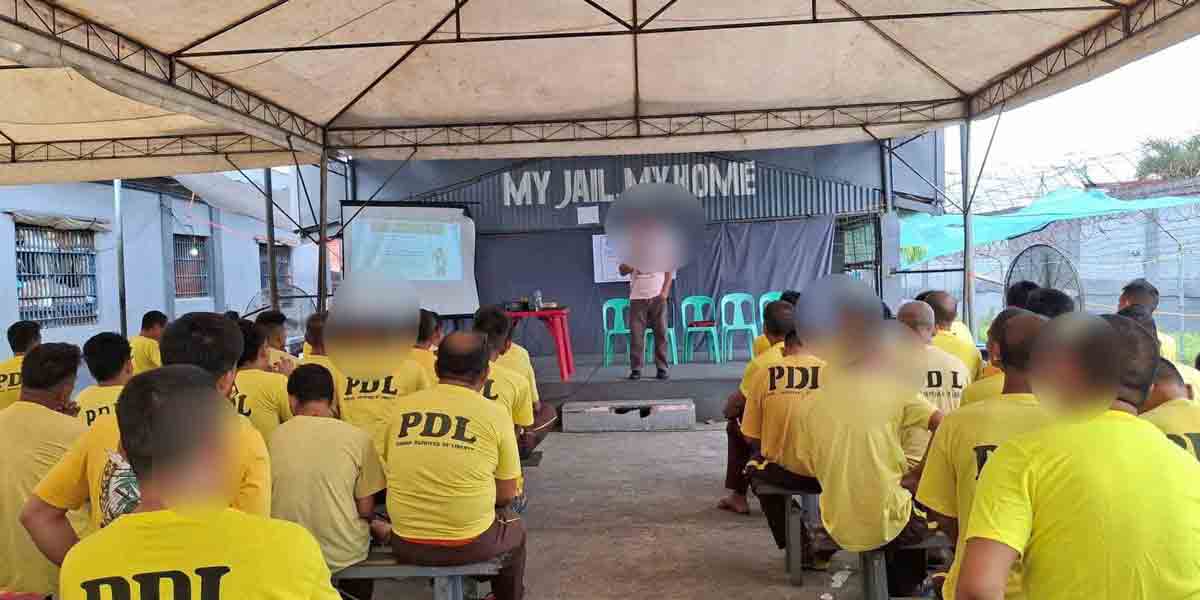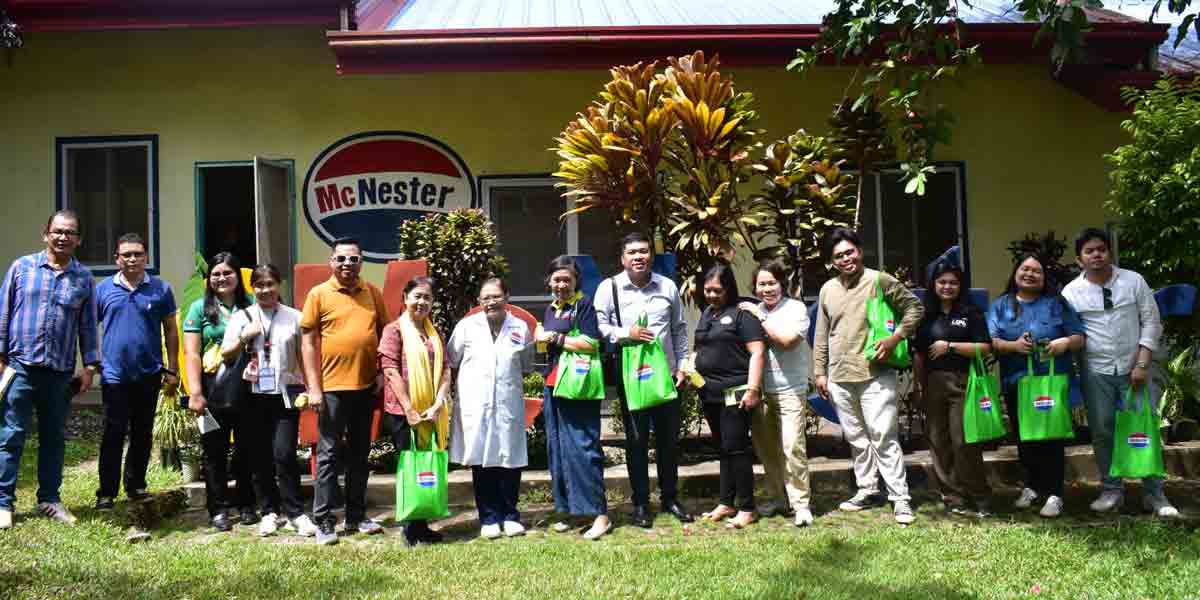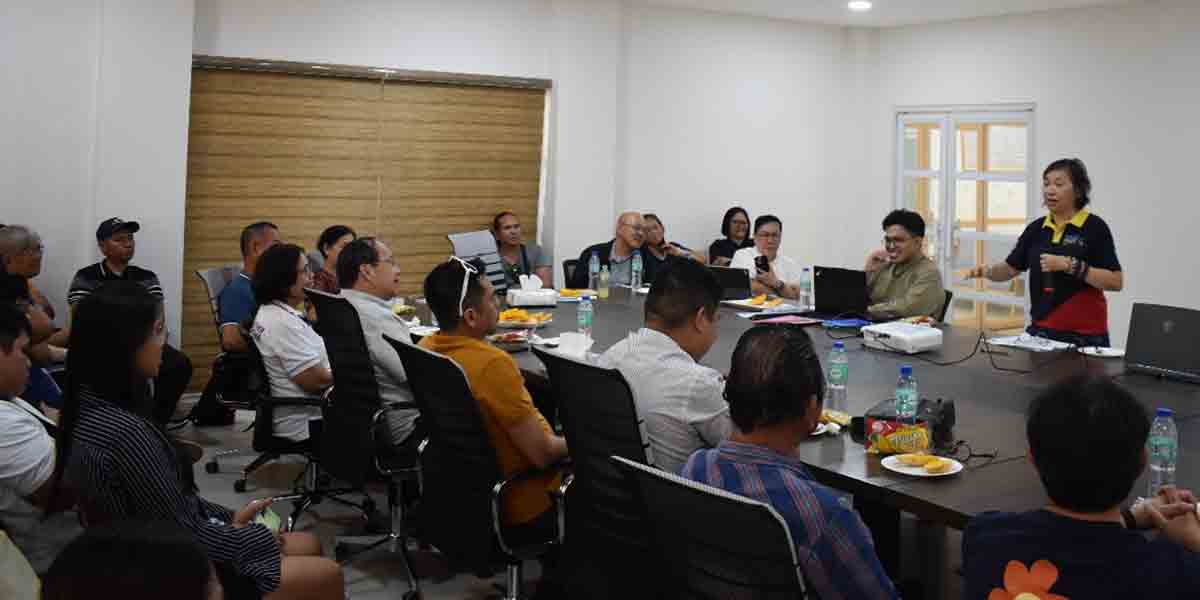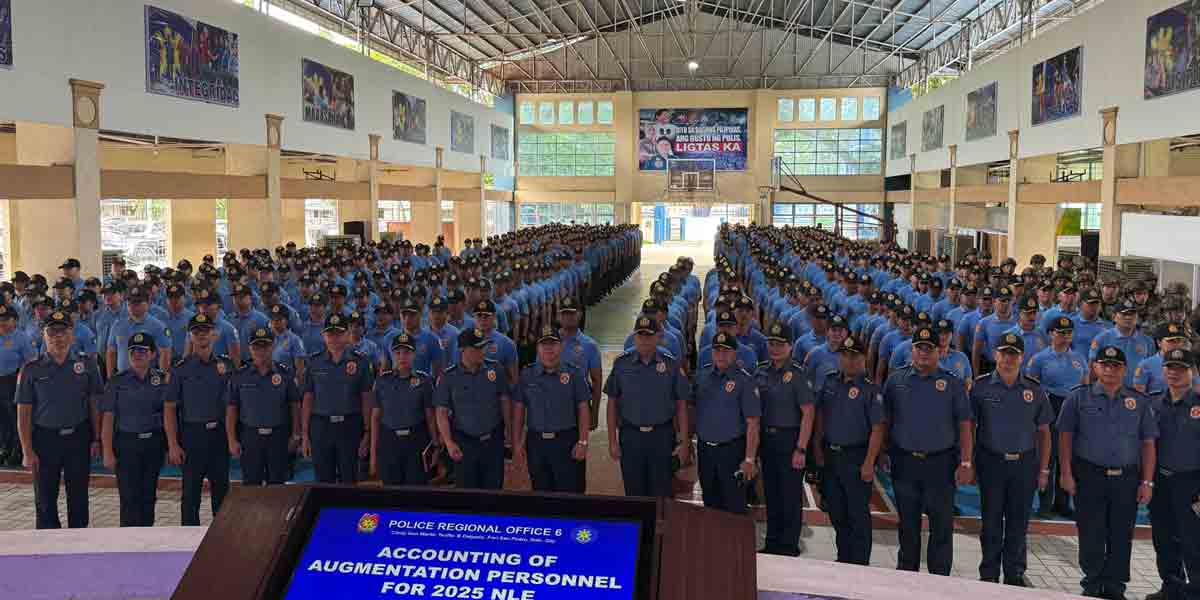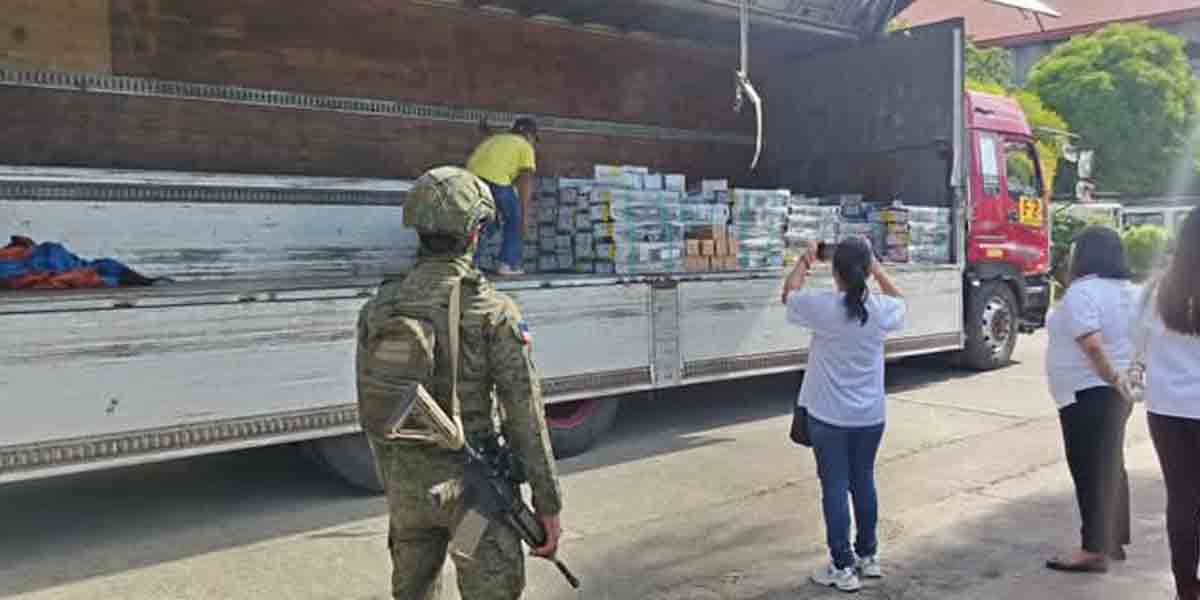By Atty. Eduardo T. Reyes III
Free patent titles have become commonplace as a mode of acquiring public lands especially in the rural areas. But under the law, there are four (4) modes of acquiring public lands. They are enumerated in Commonwealth Act No. 141, as follows:
Entitlement to agricultural lands of the public domain requires compliance with the provisions of Commonwealth Act No. 141, otherwise known as the Public Land Act. There are four (4) modes of disposition of agricultural lands under Section 11 of the Public Land Act, namely:
(1) for homestead settlement;
(2) by sale;
(3) by lease; or
(4) by confirmation of imperfect or incomplete titles.
(Francisco Taar et al v. Claudio Lawan et al., G.R. No. 190922, October 11, 2017).
Free patent titles usually fall under number 4, ie., by confirmation of imperfect or incomplete titles. An applicant can file the pertinent application with the CENRO or PENRO of the Department of Environment and Natural Resources (DENR) which has jurisdiction over the patch of land being applied for.
In instances where there are irregularities, or some form of fraud had attended the application for free patent, it is normally the State through the Office of the Solicitor General which can seek its cancellation in order that the land can revert to public ownership. This action is called “reversion”.
The statutory basis for reversion was explained by case law as follows: “The objective of an action for reversion of public land is the cancellation of the certificate of title and the resulting reversion of the land covered by the title to the State. This is why an action for reversion is oftentimes designated as an annulment suit or a cancellation suit. Section 101 of the Public Land Act clearly states:
SEC. 101. All actions for the reversion to the Government of lands of the public domain or improvements thereon shall be instituted by the Solicitor General or the officer acting in his stead, in the proper courts, in the name of the Republic of the Philippines”. (Francisca Taar, et al. v. Claudio Lawan, et al., G.R. No. 190922, October 11, 2017).
In the much later case of Republic of the Philippines v. William Rallos, et al., G.R. No. 240895, which was handed down on September 21, 2022, reversion was further described as:
“By reversion, we refer to the proceeding whereby the State seeks for the return of a parcel of land to the mass of the public domain. It is proper when public land is fraudulently awarded and disposed of in favor of private individuals or corporations, or when a person obtains a title under the Public Land Act which includes, by oversight, lands which cannot be registered under the Torrens system as they form part of the public domain. In fine, in order for reversion to be successfully undertaken, the State must discharge its burden to prove that the land decreed or adjudicated to the defendant forms part of public land and cannot be owned by private individuals”.
Yet reversion must not be confused with an action for reconveyance. In cases where even prior to the issuance of the free patent to the applicant, the land was already private land as it was owned by a private person through some lawful means, the proper action that must be filed by the private person is one for reconveyance.
The two were distinguished by case law as follows:
“Reconveyance v. Reversion. But reconveyance must not be confused with reversion. The difference between an ordinary civil action for nullity of title and an action for reversion lies in the pertinent allegations in the complaint pertaining to the character of ownership over the property under controversy. A declaration of nullity of free patent and certificate of title would require allegations of plaintiff’s ownership of the lot prior to the issuance of such free patent and certificate of title, together with the defendant’s fraud or mistake in obtaining such documents. On the other hand, in an action for reversion, the allegations in the complaint would admit State ownership of the disputed land”. (Sps. Samuel Canapi and Ana Belen Canapi v. Bo. Cupang II Homeowners Association, Inc., G.R. No. 218324. March 6, 2019).
As a rule, when a Torrens title is issued in favor of one person, it enjoys insulation from unwarranted attacks or question. However, if it can be clearly shown that there are chinks in the Torren’s title’s invincibility as fraud or irregularities smeared its issuance, then it is best to ascertain whether at the time of its issuance, it was still public land in which case a reversion action can be filed by the State through the Office of the Solicitor General; however, if the land was private land upon issuance of the Torrens title, then a private person may bring the action through a reconveyance suit.
(Atty. Eduardo T. Reyes III is the senior partner of ET Reyes III & Associates- a law firm based in Iloilo City. He is a litigation attorney, a law professor and a law book author. His website is etriiilaw.com).


